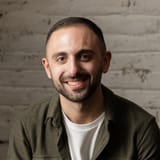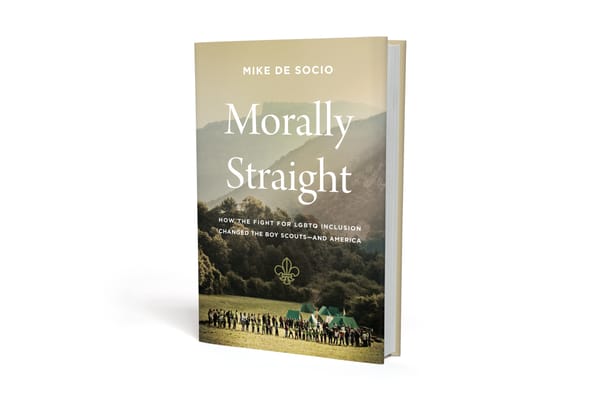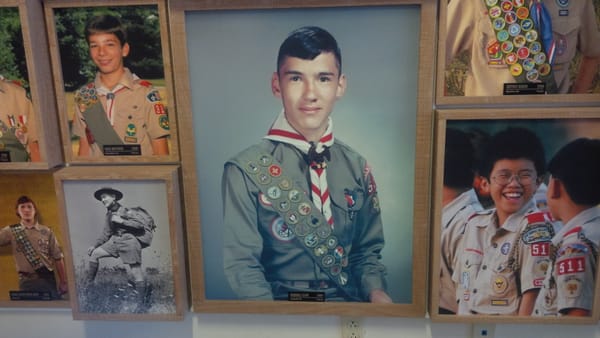Pride Profile: Erin Russ
"I know, beyond a shadow of doubt, we can be the organization we aspire to be."
Erin Russ spent 27 years in self-described “exile” from Scouting.
After a successful stint as a youth in the program, where she earned the rank of eagle scout, Russ was forced to leave the program in 1990. She wasn’t allowed to rejoin until 2017, when the ban on transgender members was lifted.
“During my 27 years of exile, I lived the tenets of Scouting and spent a great deal of time teaching the skills and precepts to youth who were not in the program, often those excluded as I was,” Russ said.
Now that Russ is back in the BSA, they are committed to helping the program become fully inclusive of the LGBTQ+ community. I asked Russ to reflect on their experience in Scouting. Her answers are below, edited and condensed for clarity.
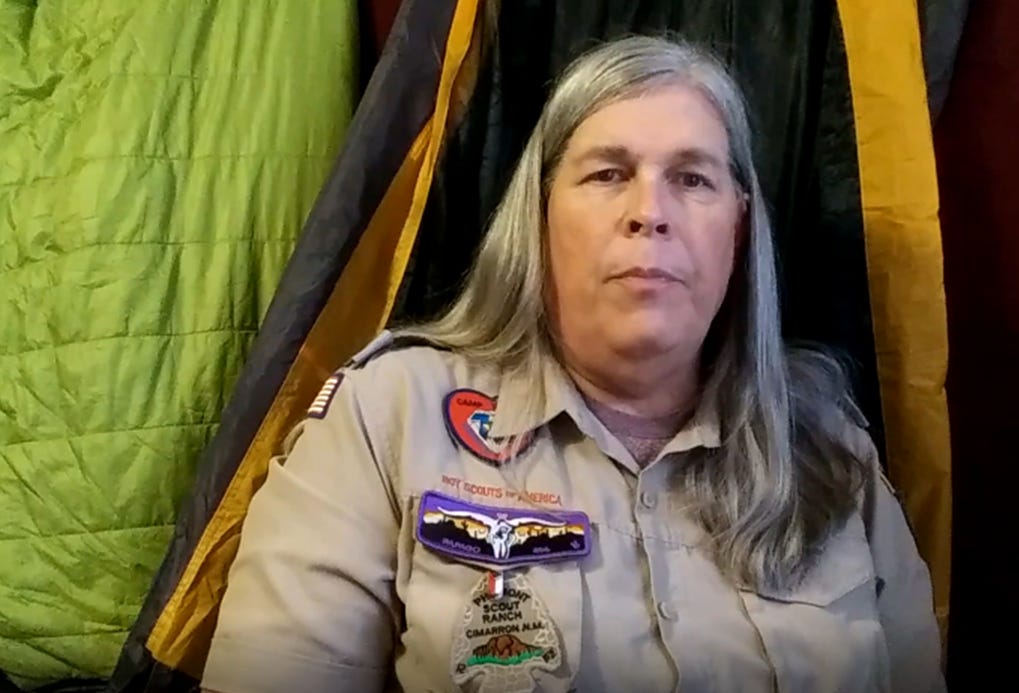
Think back to your younger Scouting self, maybe as a first-time lodge officer. What would you tell that person?
If it was still the same timeline, I am not sure I would say anything, as it would have changed my trajectory and I would likely have skipped past some of the experiences that gave me the knowledge, wisdom, experience and courage to be the advocate I am today.
If I were to tell myself anything, I might tell myself to have courage in holding to my truth, and be patient in the process. That I would be the fighter my grandmother told me I would be, and that when I was 65 years old, I would be my authentic self, confidently writing exactly this note to myself in answer to exactly this question.
However, If I was talking to a younger me who lived in today's world, I would tell myself to pull out all the stops, find role models and mentors who could help me develop the skills needed to change the world, and push hard for equality, equity and inclusion; to keep up the pressure to change society; to not be afraid to be visible and seen; and to reach across the divide to make a difference.
I would tell myself that today is the best day to start making changes, and that the future is simply history yet unwritten.
In either case I would remind myself of the Scout Law, the Scout Oath, the Order of the Arrow Obligation and the Admonition are the best companions and best principles by which to live and make the world a better place.
What future do you want to see for LGBTQ+ people in Scouting?
A program that is not afraid to say we support LGBTQ+ youth and adults. An organization that practices diversity fully and without reservation or concern for public opinion. Most important, a program where all LGBTQ+ youth and adults are simply accepted and no one tip-toes around the issues.
Above all else, I would love to see us fully and completely display our own ideals through having the courage to issue broad, explicit and public apologies to every group we have excluded, marginalized or otherwise discriminated against. We need to be willing to change our policies to radically exhibit:
- Inclusive recruiting and programming
- A commitment to service in and for diverse and historically excluded or marginalized communities
- Equitable access for those with social and economic barriers to participation
- Accessibility for all youth and adults regardless of physical, mental or emotional capacity
- Anti-racist policies that have a zero-tolerance approach towards individuals, chartering organizations and sponsors
- And to have our policies apply fully and equally to all affiliates, sponsors, and chartering organizations
This means that we will likely have to bid farewell to some of our oldest members, but only when we can do this at the highest levels will we be able to lay the past behind us and be an example of what the future should be. And we will likely see a growth in membership among marginalized people. We have to do the work before we can expect that to happen.
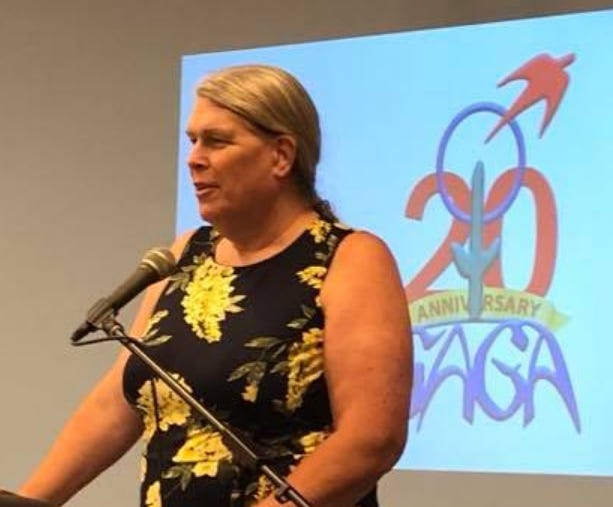
Why is Scouting worth it?
There are days when I ask myself the same question — and I don't always get a positive answer. When I look at how I am viewed by some of the narrow-minded scouters around me, along with some of their scouts, I wonder if I am seeing the end of the program. When I see the number of religious partners who have withdrawn support over the years due to racial, gender, LGBTQ+ or religious "purity" criteria (and the BSA allowing chartering organizations to make up their own minds on inclusion), and don't see any major corresponding leadership driven efforts to become relevant to marginalized communities, I get discouraged. It seems our leaders are afraid to leave the past behind, and so we may be dooming ourselves to make the same mistakes we have made in the past that have caused our membership to dwindle over five decades.
However, when I consider that I am part of the organization, that I have been able to make small changes, that I have met a number of people who are cisgender, heterosexual leaders who have been quietly supporting LGBTQ+ kids in the program, even (maybe especially) in the dark years of exclusion, I am encouraged. When I realize I am, as a trans woman, the DEI champion for my council, and I have the support of my key three and many others, I know, as hard as it sometimes is in our current political climate, we are making a difference.
And when I think of the younger adults (anyone under 55) I have met through the Admonition Team who have dedicated their lives to being the changes we hope to see in the world, I know, beyond a shadow of doubt, we can be the organization we aspire to be.
I see younger versions of myself being able to participate openly as their authentic selves, learning to work with other youth with different backgrounds, different experiences and unique perspectives. They are equally accepted members of their units learning to confidently interact with other adults beyond their parents. I see a groundswell of youth and young adults intent on making a permanent change to our organization and our society by applying the leadership skills they learn and applying the practical citizenship skills they learn.
When I see this, I am confident Scouting is worth every moment I can give it so our youth can see what a better tomorrow can look like. It is what made my father the man he was, made me the woman I am, and hopefully will form the young people in my life to be our leaders of tomorrow.
